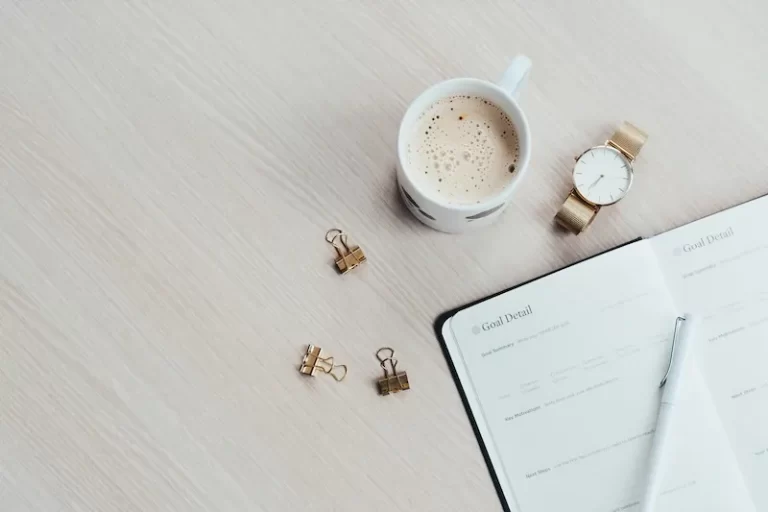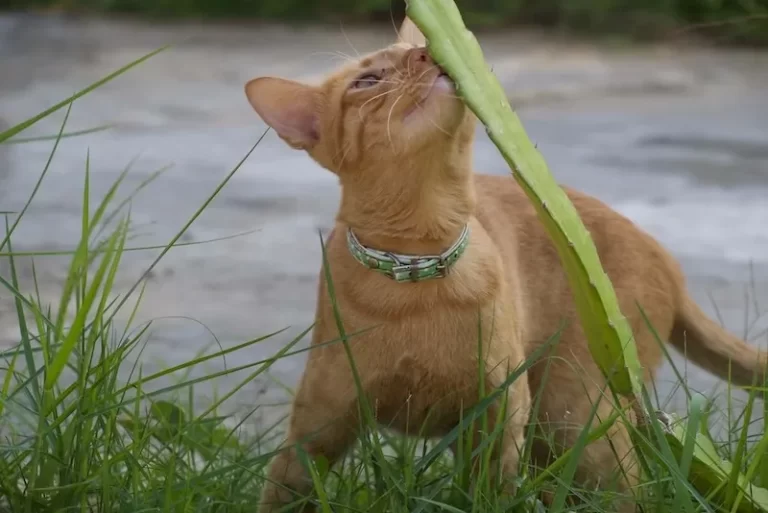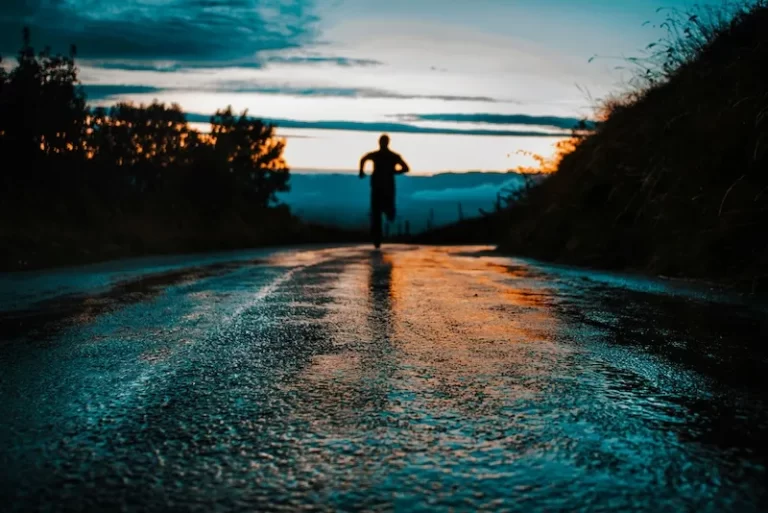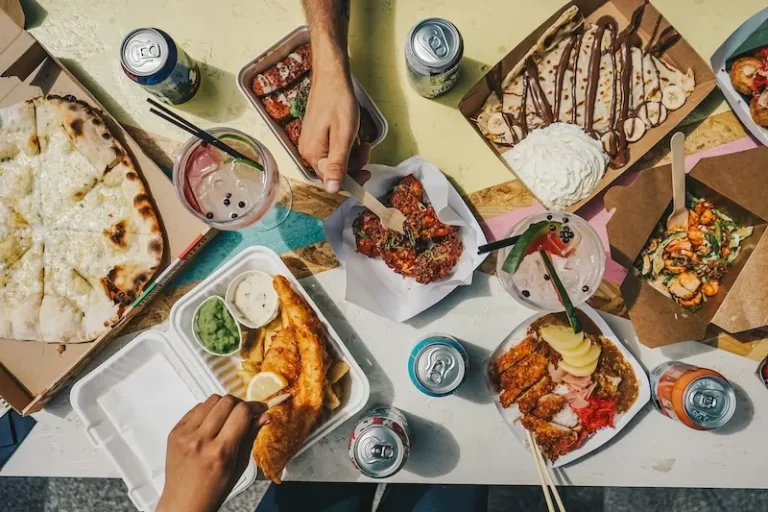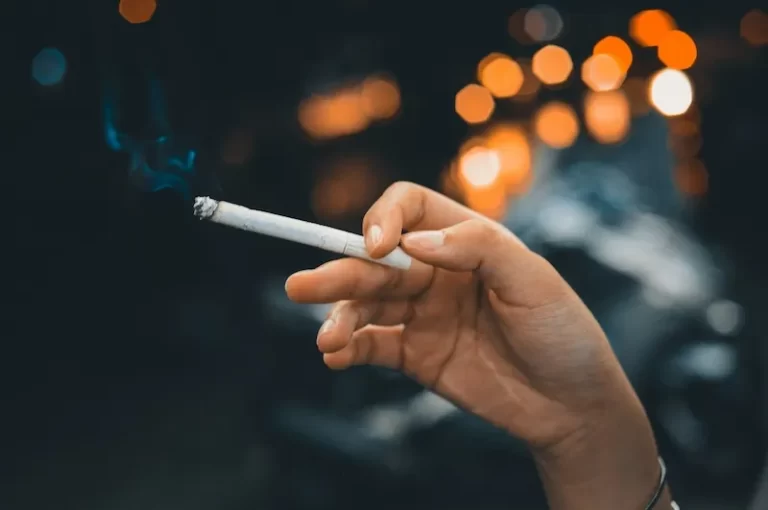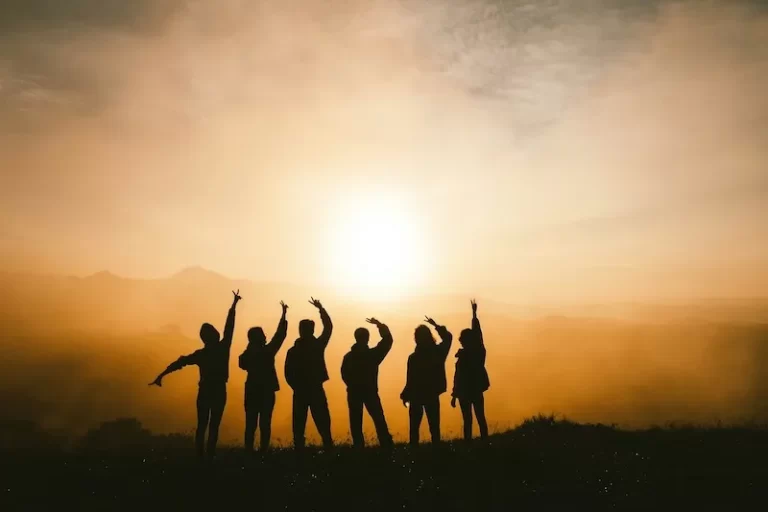Love After Pain
Meeting ‘The Person of My Dreams’
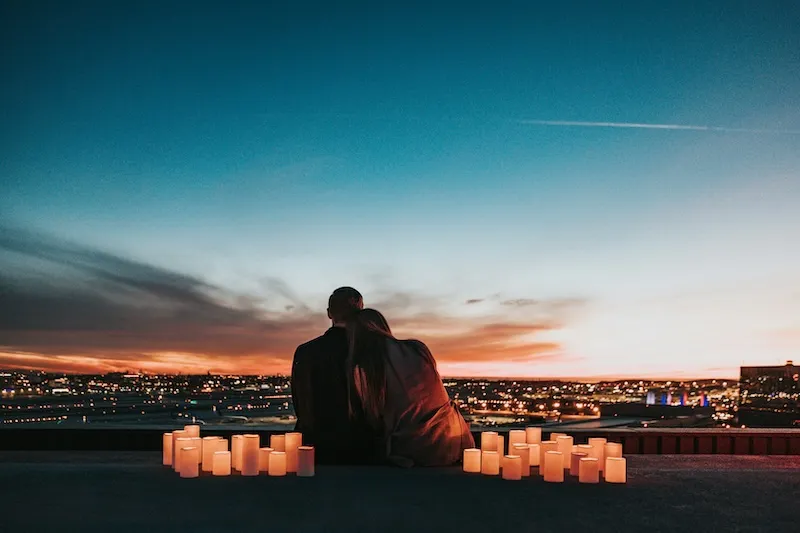
Like many, I once cherished dreams of meeting the person of my dreams, falling deeply in love, and embracing a lifetime of happiness. Yet, reality took me through a series of relationships, with the most harrowing being entangled with a narcissist. Overcoming this abuse was very difficult but it can be done.
Initially, it felt like a fairy tale come true. However, as you might have guessed, it ended terribly. My beloved turned controlling and abusive, emotionally, financially, and verbally. This experience left me feeling lost and stripped of my sense of self.
In 2013, an online search finally gave a name to what I was experiencing: ‘Narcissistic abuse’. It was a revelation. At the time, I had recently taken myself off the tramadol that my ex-girlfriend had me dosed up with, just as she had gone to a Vipassana retreat. Her absence provided me with the opportunity to begin rediscovering myself.
I immersed myself in learning everything I could about narcissism, psychopaths, and bipolar disorder. Yet, despite my knowledge, I found myself still suffering and entangled with a narcissist. Breaking free seemed impossible, as all I heard was how lucky I was that she saved my life and was helping me recover from brain damage. Overcoming the words I constantly heard was one of the hardest parts of my journey.
How was I going to overcome this?
Overcoming pain
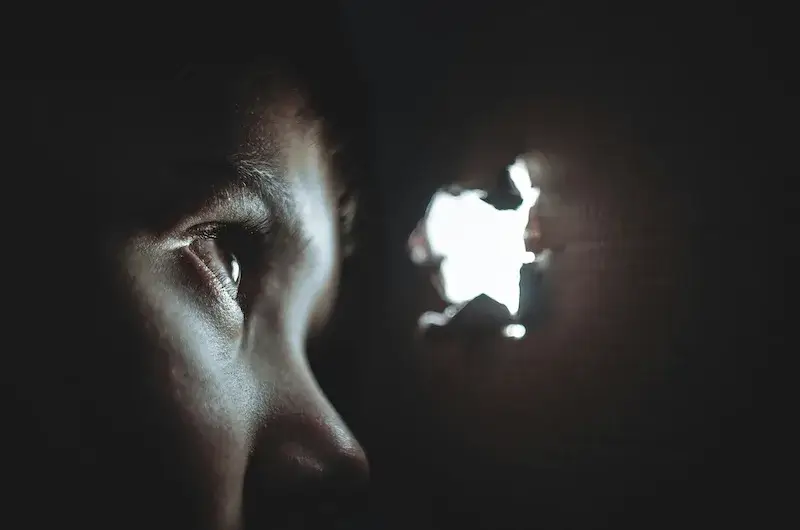
Narcissists themselves rarely change, it’s we who evolve. My healing journey unfolded in four distinct stages.
- The first was recognizing that I was in a relationship with a narcissist.
- The second stage involved crucial steps like going ‘no contact’ to reclaim my energy and overcome the trauma caused by the relationship.
- In the third stage, I focused on reconnecting with myself, and my emotions, and addressing the core wounds that initially drew me to the narcissist.
- Finally, in the fourth stage, often overlooked, I consciously redesigned my life. I envisioned and pursued an extraordinary life for myself, which included embracing a nomadic lifestyle, changing careers, changing town and welcoming wonderful new people into my world (cue meeting my amazing husband-to-be!).
I Believe All Four Stages of Healing Were Essential for My Journey
Remaining in that toxic relationship would have hindered my emotional and physical recovery, as well as maybe my life. Only after addressing my inner wounds was I able to find my version of happily ever after. I met a caring, positive, and handsome gentleman, and we’ve been happily together for almost eight years now!
In the paragraphs that follow, I’ll share some of the steps I took to heal from narcissistic abuse and completely transform my life, in hopes that it may inspire and guide others on their journeys of healing and personal growth.
The toxic energy of a narcissist
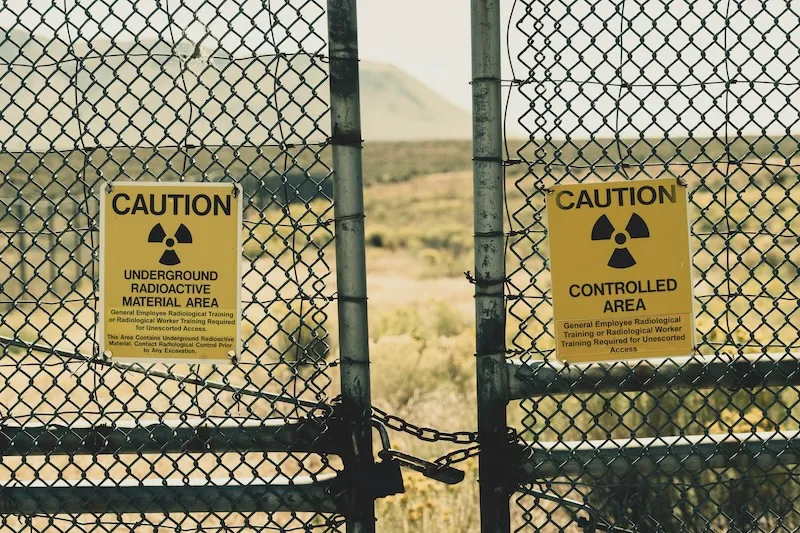
During my journey of untangling myself from the toxic energy of a narcissist, I found it incredibly helpful to adopt the following beliefs and guidelines-
1. Self-Prioritization – My well-being comes first, and I deserve to be treated with respect and kindness in all relationships.
2. Boundaries – Setting clear boundaries is essential to protect my emotional and mental health. It’s okay to say no and enforce boundaries firmly.
3. Self-Compassion – I am allowed to feel and process my emotions without judgment. Self-compassion is crucial in healing from past wounds.
4. Learning – Every experience, even painful ones, provides an opportunity for growth and learning. I choose to grow stronger and wiser from my experiences.
5. Support System – Surrounding myself with supportive and understanding friends, family, or a therapist is vital. It’s okay to seek help and lean on others during difficult times.
6. Personal Growth – Continuous self-improvement and personal growth are ongoing processes. I am committed to nurturing myself and evolving positively.
7. Authenticity – Staying true to myself and my values is non-negotiable. I embrace who I am and strive to live authentically in all aspects of my life.
8. Forgiveness – Forgiving myself and others is a liberating act. It allows me to let go of resentment and move forward with a lighter heart.
9. Future Focus – I am creating a bright future for myself. I focus on my goals, dreams, and aspirations, knowing that I have the power to shape my destiny.
10. Gratitude – Practicing gratitude daily helps me appreciate the positives in my life and stay grounded in moments of adversity.
Understanding the Importance of Guidelines
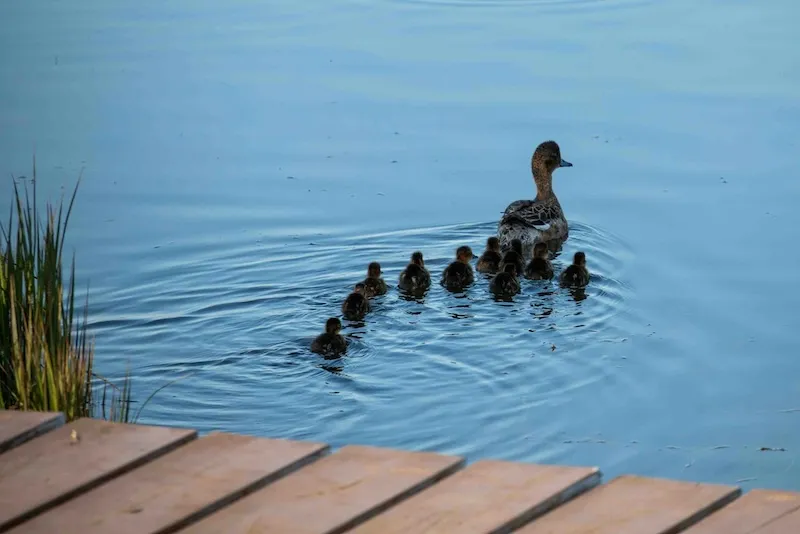
These beliefs and guidelines have been instrumental in my journey of healing and growth after narcissistic abuse. They continue to guide me as I navigate life with a renewed sense of self-awareness and resilience.
When faced with the impact of narcissistic behaviour, our energy reserves can feel depleted, leaving us overwhelmed with feelings of worthlessness. In such moments, I found solace and strength in embracing the belief that everyone deserves to heal. This includes YOU, deserving the space, time, and effort needed to reclaim your well-being and rebuild your sense of self-worth.
Healthy relationships have the transformative power to mend the wounds inflicted by unhealthy ones.
Leaving an abusive relationship
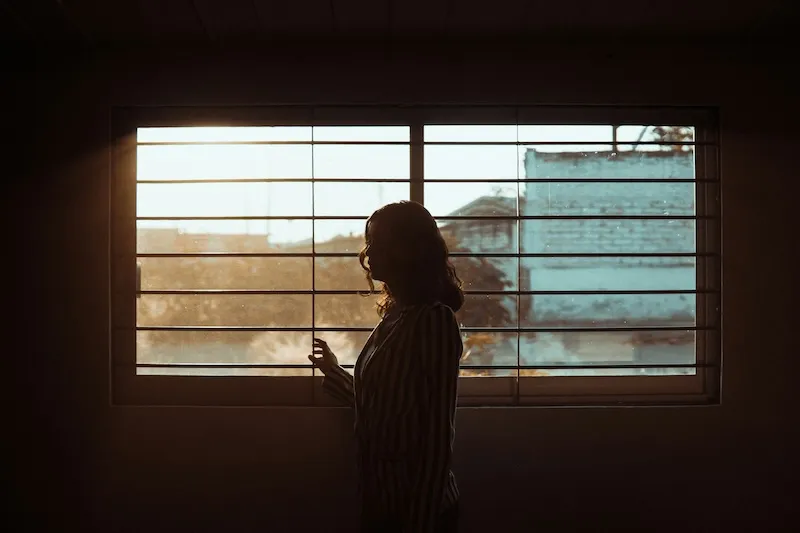
I initially had no interest in dating. I expected to steer clear of relationships for a long time. However, that wasn’t the reality. I met my husband-to-be because we were walking dogs. Over those few months, we would talk about our abusive relationships. He was dating an alcoholic whom he wanted to rescue, and I had just finished with someone who had tried to kill me. However, at that time, I never even saw him as my husband, he was just my dog-walking friend.
Due to my past abuse, I found myself grappling with conflicting emotions.
– Longing for love yet feeling emotionally detached.
– Eager to meet someone yet fearful of being hurt again.
– Wanting a positive role model for my animals while also feeling the need to protect them.
Other survivors of abuse
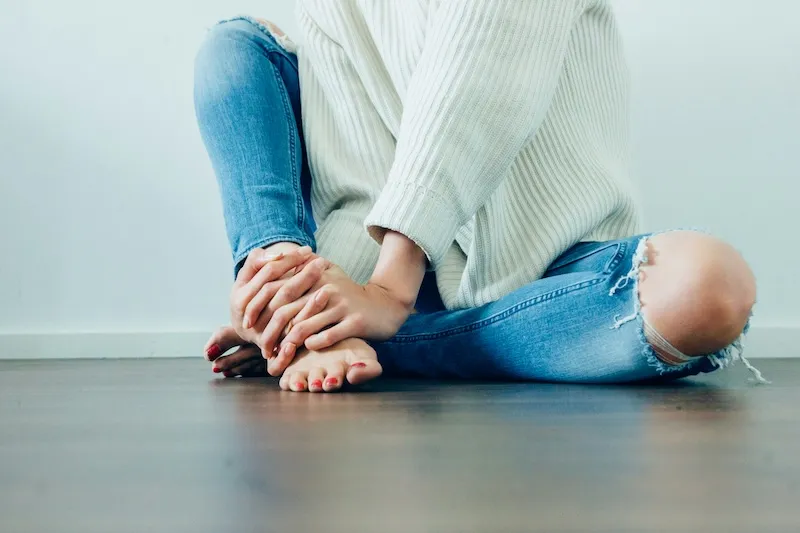
Through conversations with other survivors of abuse over the years, I’ve come to realize that many of us find ourselves on one of two paths: either continuing to engage with people who abuse us or choosing to spend the rest of our lives single.
If only we could immediately believe that we deserve to love and be loved, we could break free from this cycle of abuse.
If only we had more examples of survivors who have found love and happiness, we would see that such fulfilment is possible for us too, despite feeling like “damaged goods.”
Do not give up hope
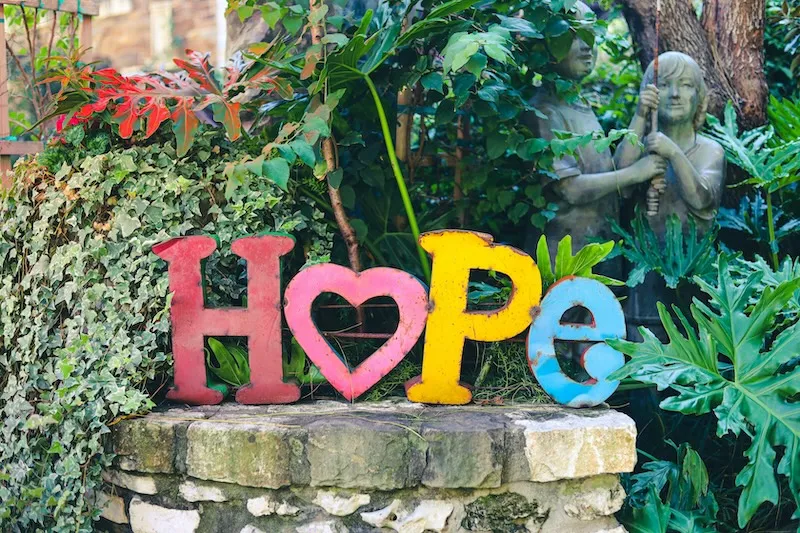
If you’re determined to hold onto hope for a loving, caring, and respectful relationship, keep reading. I stand as living proof that healthy relationships are attainable after enduring abuse.
The quality of your external relationships often reflects the state of your internal relationship, which may have been deeply wounded by past abusive experiences.
Even after achieving physical freedom, emotional liberation hinges on addressing issues like low self-esteem, lack of confidence, and feelings of unworthiness and insignificance.
Despite enduring horrific abuse, navigating subsequent less abusive relationships, enduring let-downs, disappointments, tears, and moments of questioning “why me,” and spending years in unsuccessful dating pursuits, I finally found my Mr. Right. He showers me with unconditional love and support, makes me feel cherished every day, compliments me genuinely, gives selflessly without expecting anything in return, and loves me just as I am.
Here’s how I brought myself to a point where I could love and be loved
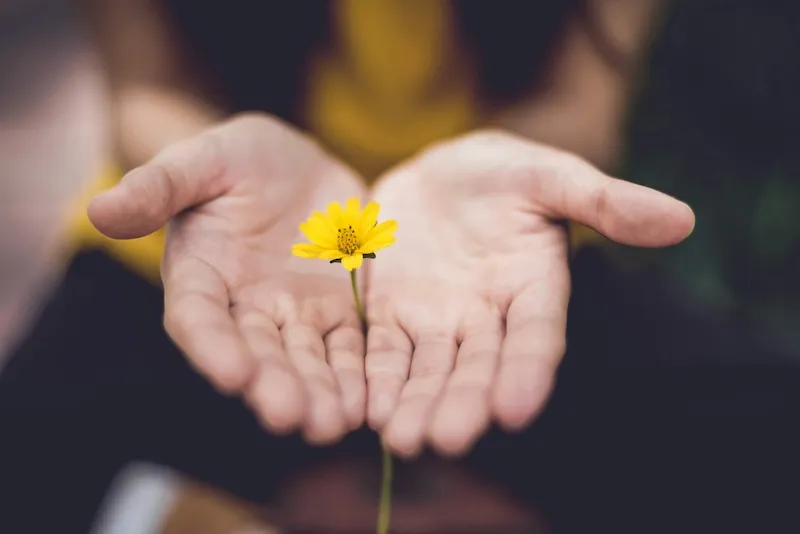
- I became aware of the limiting beliefs holding me back from finding love, like “I’ll never find someone who treats me well” or “I’m damaged goods; who would want me?” I worked on overcoming and ignoring these thoughts as much as possible.
- I started taking better care of myself by prioritizing simple things like eating healthy, exercising, and allowing myself personal time, such as watching MY favourite TV program.
- I established healthy boundaries, resisting guilt and standing firm when necessary.
- I made a deliberate choice to be single for a period. Healing from abuse requires working on oneself without seeking external validation or fixing from others.
- I practised treating myself with the love and kindness I craved, using positive self-talk and engaging in acts of self-care like treating myself to new books or buying myself plants and flowers.
- Despite nights of tears, reminiscent of my years of abuse, I persevered with inner strength and resilience. Each morning, I brushed myself off and moved forward.
- When I eventually began dating again (because I refused to give up on my dream of love), I noticed a positive shift, this man was kind, more respectful, and more appreciative.
Takeaway
Nurturing myself
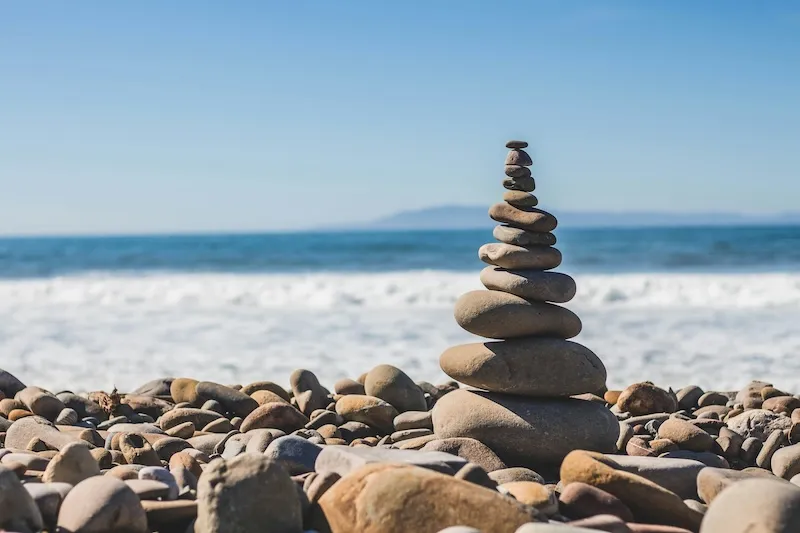
And then, I met him, the person who would teach me the true meaning of love. I trusted my instincts and intuition. If something didn’t feel right or if I felt disappointed, I allowed myself to walk away from that relationship, despite any initial attachment I might have felt. Establishing a self-nurture routine became essential for sustaining a balanced life. It heightened my self-awareness, enabling me to tune into my needs, wants, and feelings. This newfound awareness brought me the clarity needed to make decisions that aligned with my true self, allowing me to live.
Moreover, nurturing myself improved my capacity to connect and empathize with others, ultimately contributing to stronger relationships.


